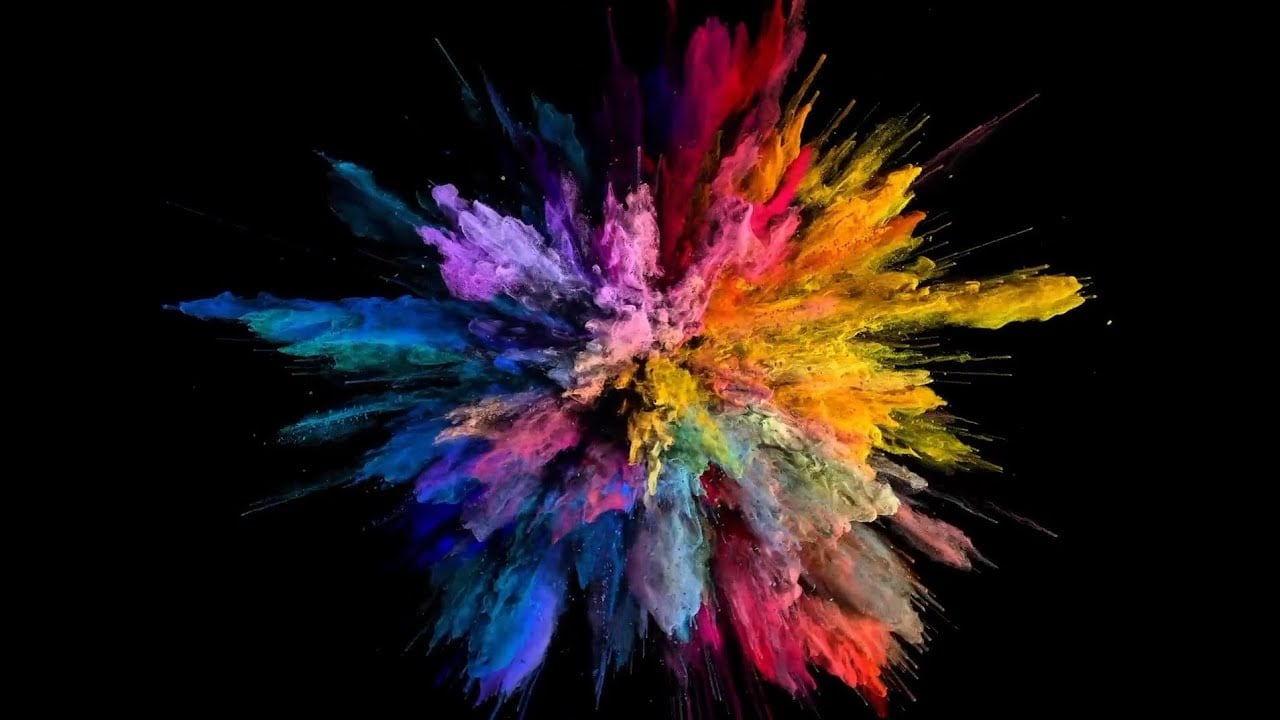Edit
To provide some context given the messages below. I was a professional photographer, and understand that getting a good photo is a skill. Exposure time, timing, location, and many other factors come into play when capturing a great image.
Seeing the aurora was a fantastic experience. The purpose of this post is to help reduce FOMO of those who could not see it. Many people who don’t know these things will imagine dancing lights in the sky of brilliance, and will be saddened by what they missed. While they did miss something, it’s important for them to know exactly what they missed.
Edit2 I should also note this is why I enjoy when photographers post gear, conditions, and settings alongside results. It tells viewers what was real.


Camera almost never can reproduce the image as our eyes see it. The dynamic range for example is vastly superior on eyes compared to a camera meaning that in some cases an HDR photo may infact more closely resemble the reality despite looking unnatural compared to a non-HDR photo.
While true, this is a bit misleading. While rhe eye does have a higher dynamic range than a standard camera lens and sensor, that is only true when there is enough light. In the dark, the situation is reversed, as the human eye has difficulty taking advantage of that range.